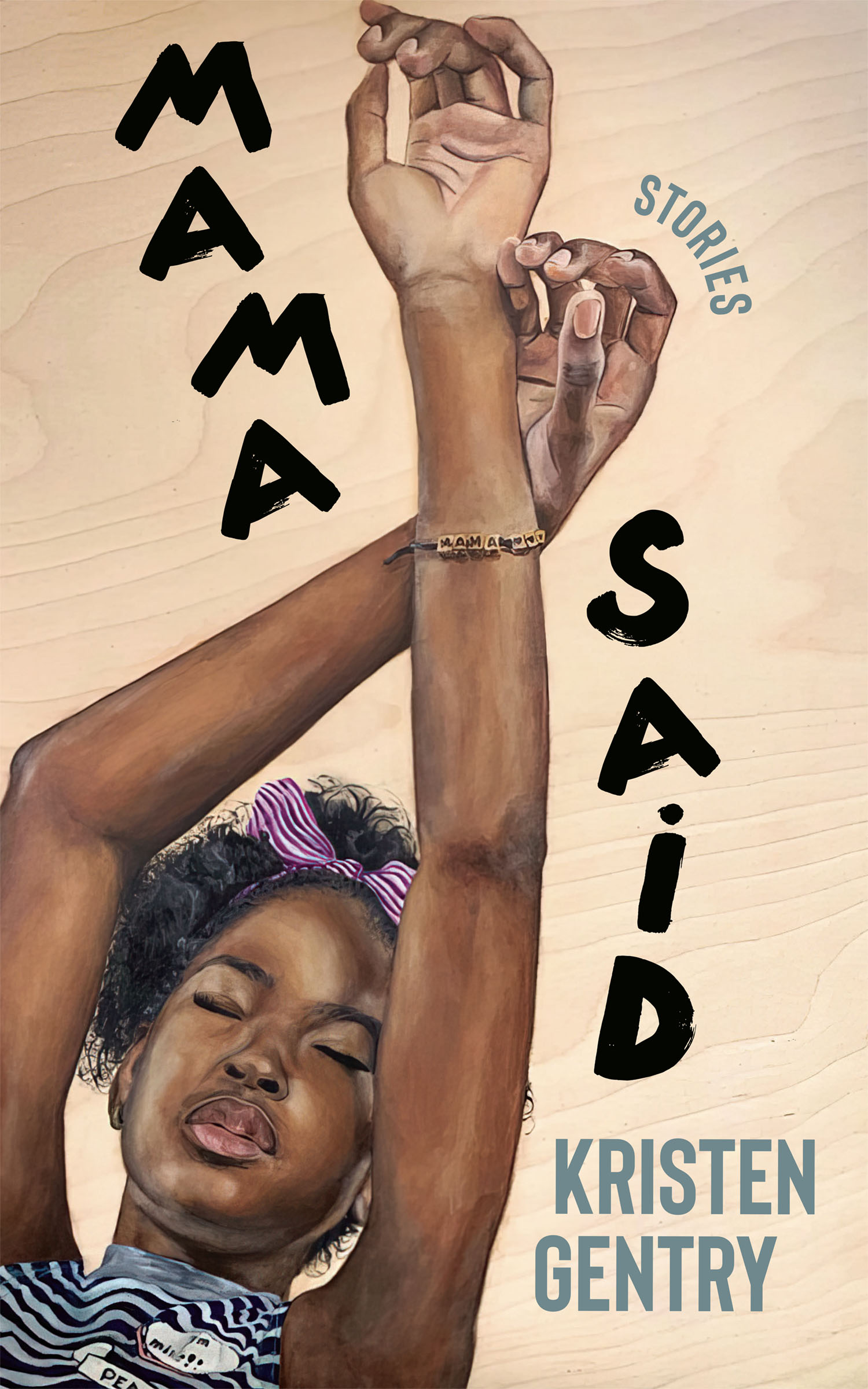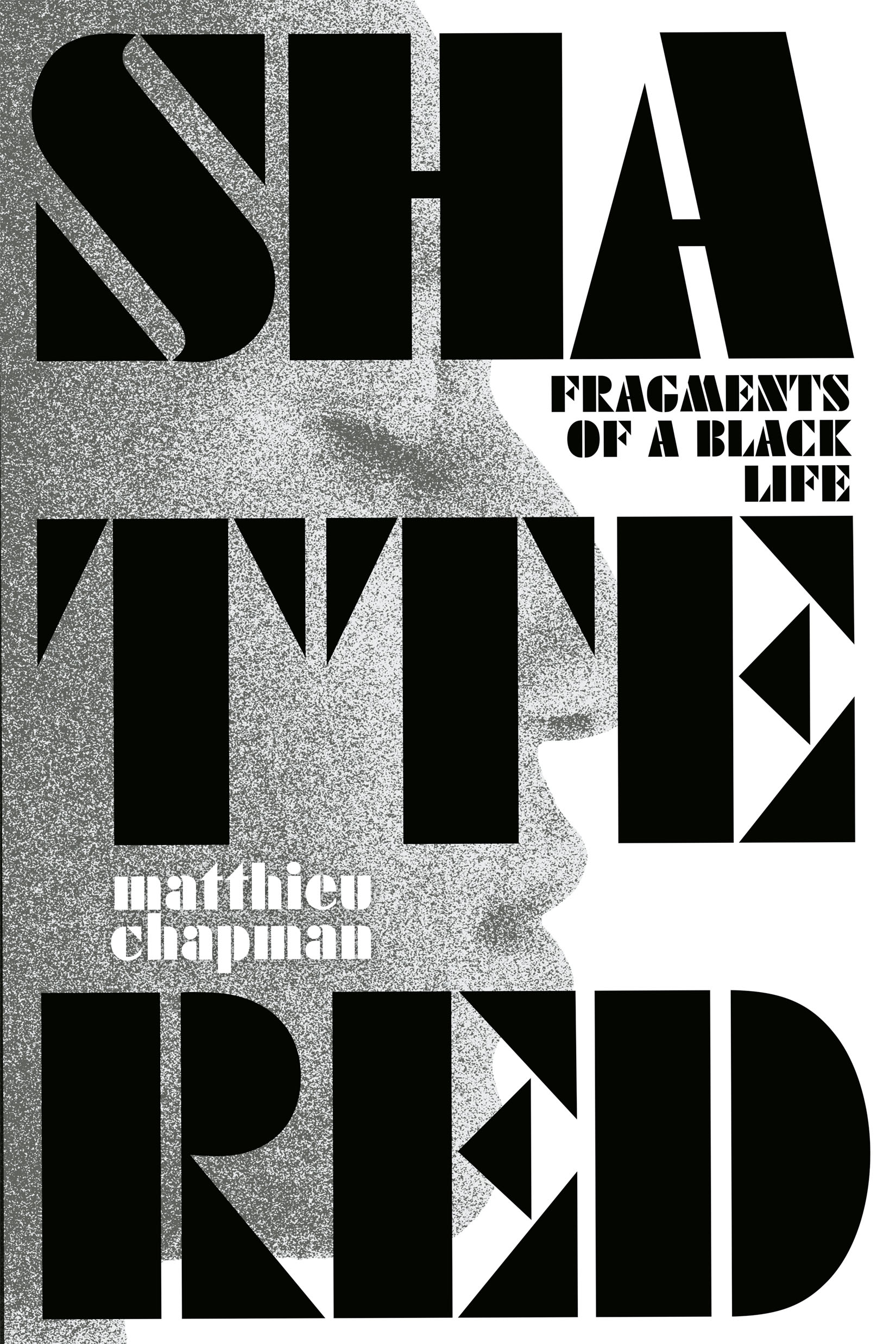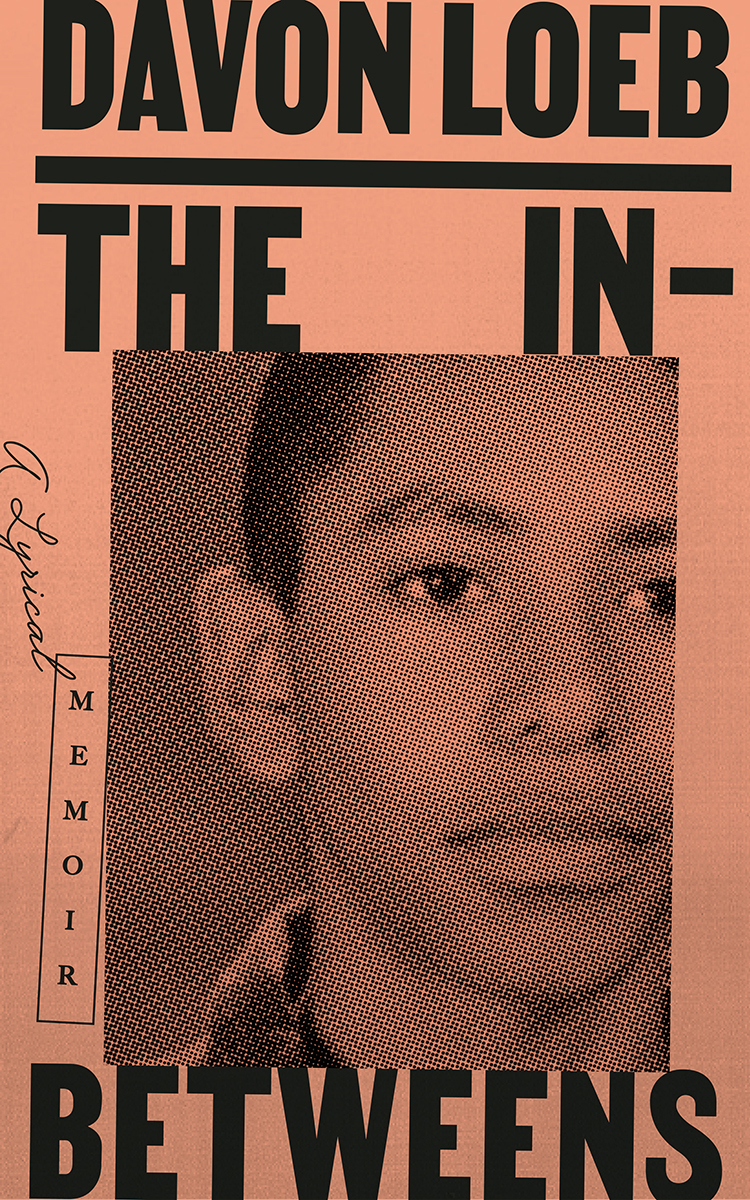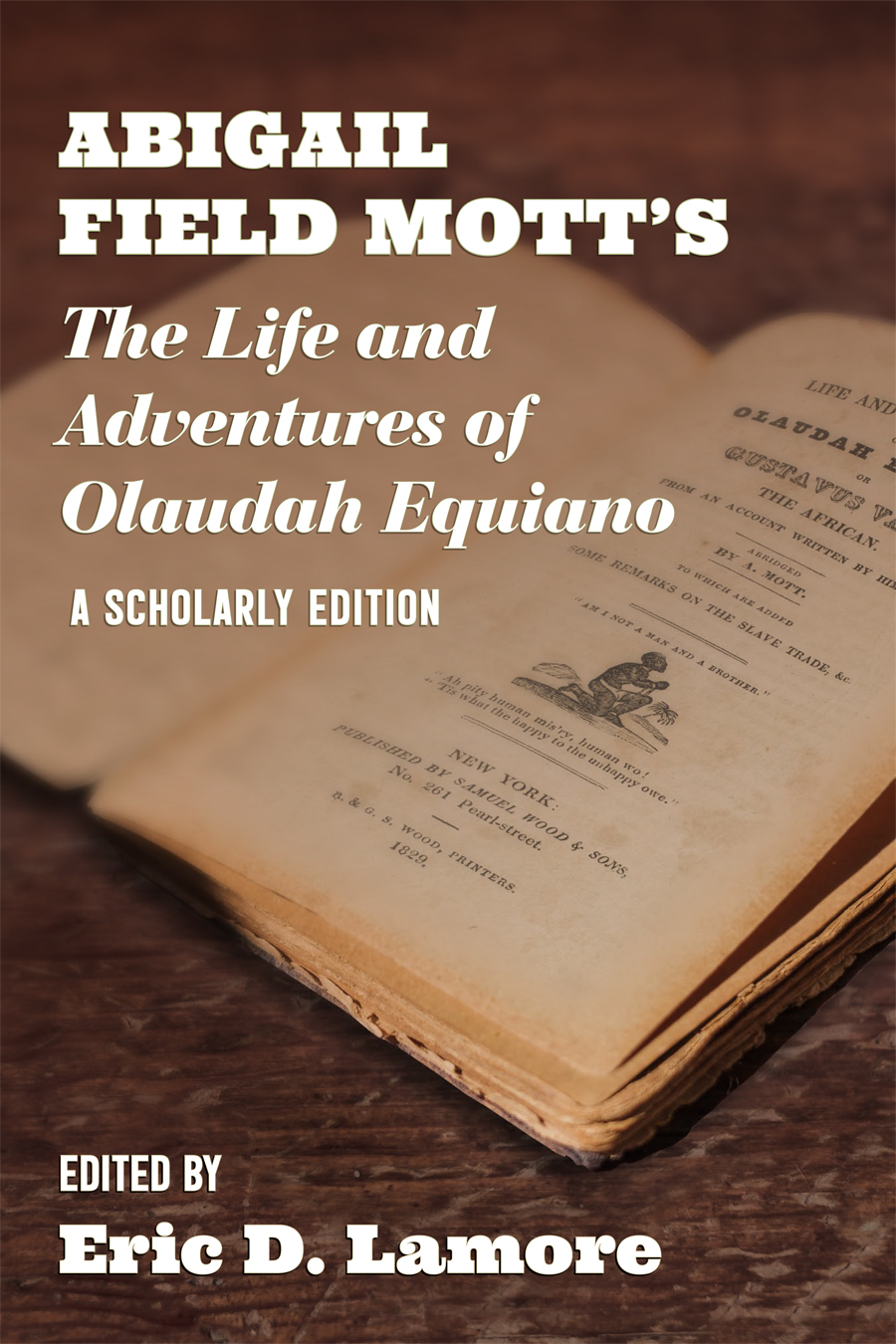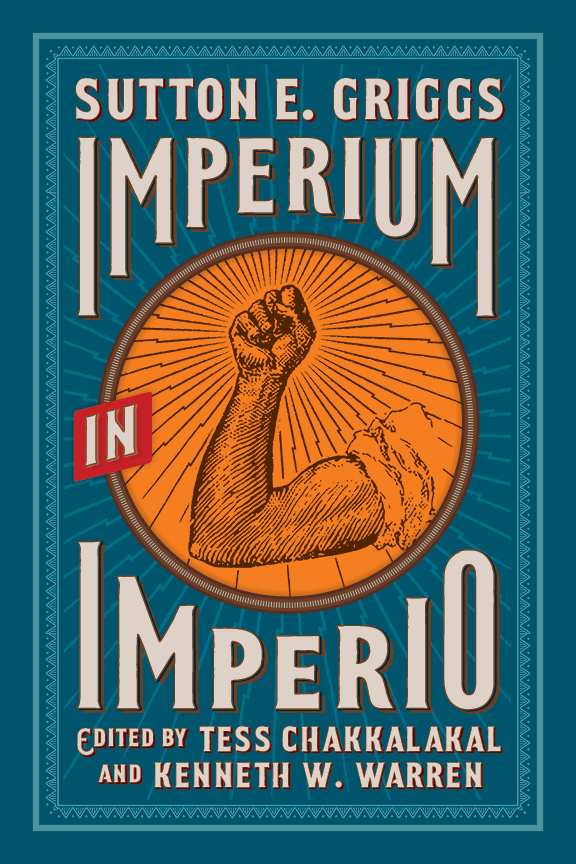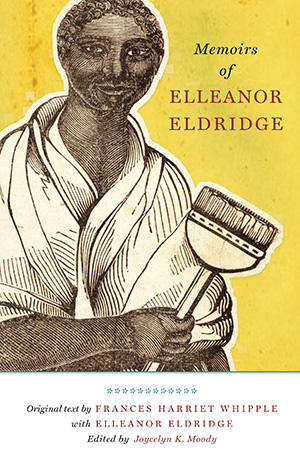
Original Text by Frances Harriet Whipple with Elleanor Eldridge
Edited by Joycelyn K. Moody
March 2014
160pp
CL 978-1-935978-24-4
$68.99
PB 978-1-935978-23-7
$22.99
ePub 978-1-935978-25-1
$22.99
PDF 978-1-938228-64-3
$22.99
Series: Regenerations
Summary
Elleanor Eldridge, born of African and US indigenous descent in 1794, operated a lucrative domestic services business in nineteenth century Providence, Rhode Island. In defiance of her gender and racial background, she purchased land and built rental property from the wealth she gained as a business owner. In the 1830s, Eldridge was defrauded of her property by a white lender. In a series of common court cases as defendant and plaintiff, she managed to recover it through the Rhode Island judicial system. In order to raise funds to carry out this litigation, her memoir, which includes statements from employers endorsing her respectable character, was published in 1838. Frances Harriet Whipple, an aspiring white writer in Rhode Island, narrated and co-authored Eldridge’s story, expressing a proto-feminist outrage at the male “extortioners” who caused Eldridge’s loss and distress.
With the rarity of Eldridge’s material achievements aside, Memoirs of Elleanor Eldridge forms an exceptional antebellum biography, chronicling Eldridge’s life from her birth. Because of Eldridge’s exceptional life as a freeborn woman of color entrepreneur, it constitutes a counter-narrative to slave narratives of early nineteenth-century New England, changing the literary landscape of conventional American Renaissance studies and interpretations of American Transcendentalism.
With an introduction by Joycelyn K. Moody, this new edition contextualizes the extraordinary life of Elleanor Eldridge—from her acquisition of wealth and property to the publication of her biography and her legal struggles to regain stolen property. Because of her mixed-race identity, relative wealth, local and regional renown, and her efficacy in establishing a collective of white women patrons, this biography challenges typical African and indigenous women’s literary production of the early national period and resituates Elleanor Eldridge as an important cultural and historical figure of the nineteenth century.
Contents
- Introduction
- Memoirs of Elleanor Eldridge
- Appendices
Author
Elleanor Eldridge (1794–1862) was born free in Rhode Island. She and her siblings acquired considerable property and local prestige, despite rampant racism against people of color in the state. As a successful proprietor and entrepreneur in Warwick and Providence, Elleanor Eldridge cultivated and maintained harmonious relationships with the white women she served such that they backed her during a series of lawsuits in which she was involved, and eventually won.
Frances Harriet Whipple Green McDougall (1805–1878) was a minor US woman writer committed to developing a career for herself as a publishing social activist as well as to creating opportunities for other women and for people of color. Her first publication, The Original, was a short-lived magazine for New England women in the early 1820s. Her biographies of Elleanor Eldridge followed. She went on to publish in multiple genres ranging from abolitionist magazines, prolabor tracts, botany textbooks, and temperance and Spiritualist tracts.
Joycelyn K. Moody is the Sue E. Denman Distinguished Chair in American Literature and Professor of English at the University of Texas at San Antonio, where she teaches and publishes on black print culture studies, US narratives of slavery, African American autobiography, and women’s self-representation. She is also founding Director of UTSA’s African American Literatures and Cultures Institute. With John Ernest, she co-edits the West Virginia University Press series Regenerations: African American Literature and Culture.
Reviews
“This edition of Elleanor Eldridge’s memoir is a rare and welcome event. First of all, the narrative is entertaining and enlightening. It is an interesting and compelling story of a time, place, and person generally unknown and often unimagined in these times. It counters common convictions and compels more nuanced and respectful historical narratives about antebellum African Americans. And, it is aptly introduced by a carefully researched but clearly stated, engrossing essay. I wish more reprints were as fabulous and fascinating.”
Frances Smith Foster, Emory University Charles Howard Candler Professor of English and Women’s Studies, emerita and author of ’Til Death or Distance Do Us Part: Love and Marriage in African America
“Dr. Moody’s work in the introduction—her understanding of the current critical literature—is very complete. She has done considerable work to understand the trajectory of Whipple’s career; to bring to bear the writings of Maria Stewart, David Walker, and Sojourner Truth who used similar means of marshaling the written word to achieve fame, an outcome that has so far eluded Eldridge; she has done research in many public records to verify Whipple’s urgent plea for justice where injustice was served with regard to Eldridge’s real property. Dr. Moody’s careful work in the public records is an important contemporary supplement to the 1838 text.”
Caroline F. Sloat, retired director of book publication, American Antiquarian Society









